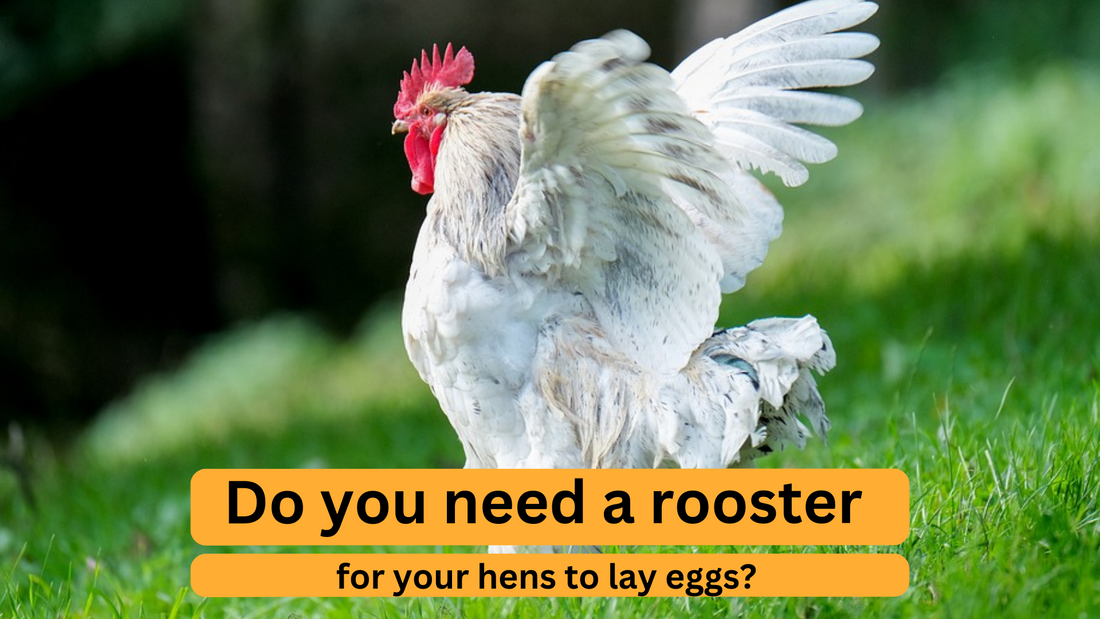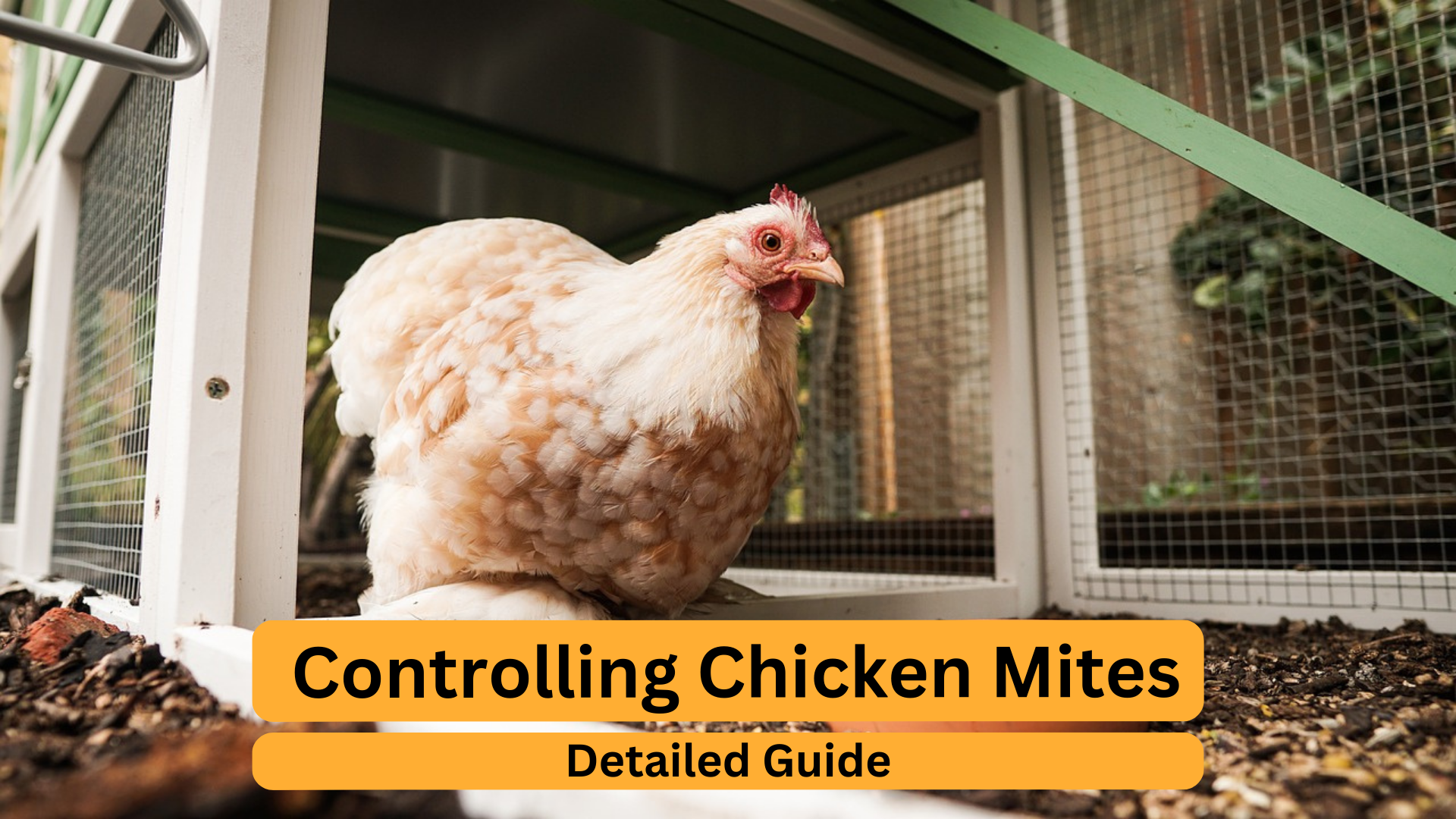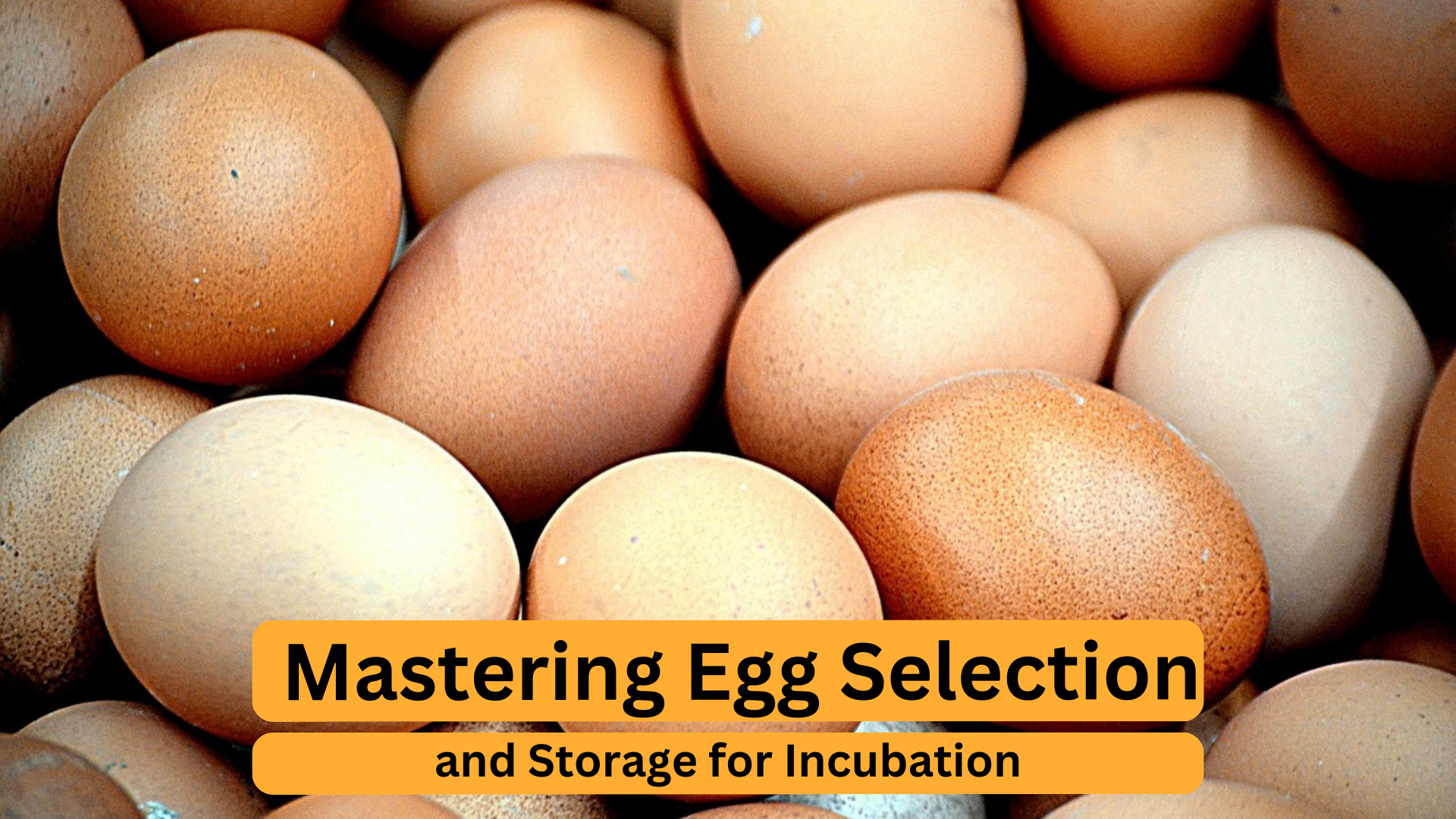
FAQ
Do You Really Need a Rooster for Your Hens to Lay Eggs? Debunking the Myth
It is a common misconception among backyard chicken owners that hens must have a rooster in order to lay eggs. However, this is simply not the case. Hens can lay eggs without a rooster, and there are several reasons why you might not want to keep a rooster in your flock. In this article, we will debunk the myth that your hens need a rooster to lay eggs and discuss the advantages of keeping an all-hen flock.
As part of their reproductive cycle, hens lay eggs. Hens, like all birds, have ovaries that produce eggs. These eggs are unfertilised in the absence of a rooster and will never hatch into chicks. This, however, has no effect on the quality or nutritional value of the eggs, which are perfectly safe and delicious to eat.
Keeping an all-hen flock has several advantages. First and foremost, hens are generally quieter than roosters, which can be important if you have noisy neighbours. Furthermore, hens are less aggressive than roosters, making them easier to handle and safer for children.
Another advantage of having an all-hen flock is that you don't have to worry about fertilised eggs hatching. If you keep a rooster with your hens, it is possible that some of the eggs will be fertilised, resulting in unexpected chicks. While baby chicks are adorable, they can be challenging to care for and necessitate additional resources and attention.
While hens can lay eggs in the absence of a rooster, there are a few things you can do to encourage egg laying in your flock. Make sure your hens have access to a high-quality feed designed specifically for laying hens. Make sure they have plenty of clean water and that their coop is clean and well-ventilated.
Furthermore, hens require 14-16 hours of daylight per day to stimulate egg production. If your hens are not getting enough sunlight, artificial lighting in their coop can be used to simulate natural daylight hours.
Numerous factors can lead to hens ceasing to lay eggs, a concern for many poultry owners. The age of the hen is a natural determinant; as hens mature, their egg production typically diminishes. Nutritional imbalances, particularly a lack of calcium or protein, can also halt egg laying. Stress plays a significant role too, arising from environmental changes, predators, or flock dynamics. Furthermore, seasonal changes affect daylight exposure, which is crucial for egg production. Health issues, such as parasites or diseases, can also disrupt laying patterns. Ensuring a consistent routine, a balanced diet, and a safe, comfortable coop environment can help mitigate these issues, maintaining a steady supply of eggs from your hens.
Finally, your hens do not require a rooster to lay eggs. Hens are perfectly capable of laying eggs in the absence of a rooster, and keeping an all-hen flock has several advantages. You can encourage your hens to lay plenty of delicious eggs for you by providing them with high-quality feed, clean water, a clean and well-ventilated coop, and adequate daylight.








